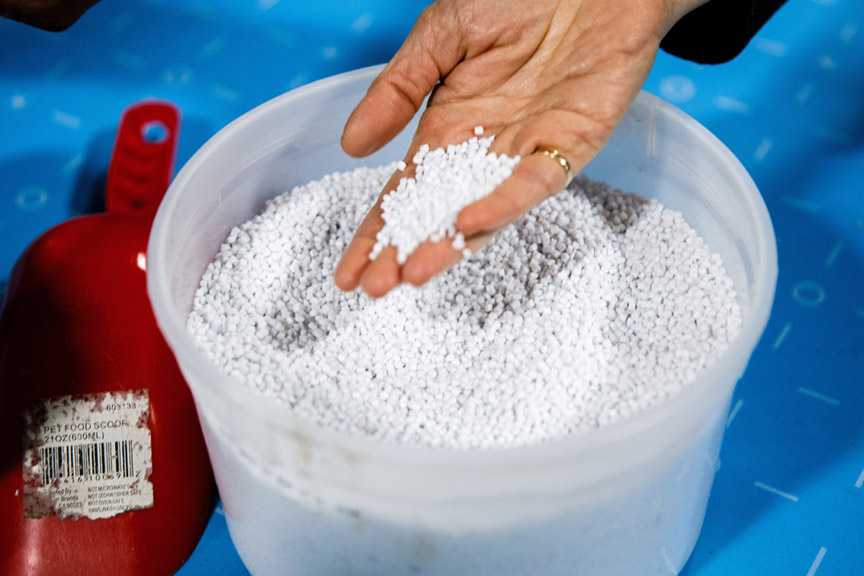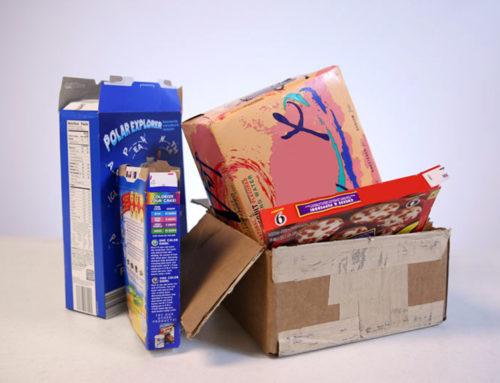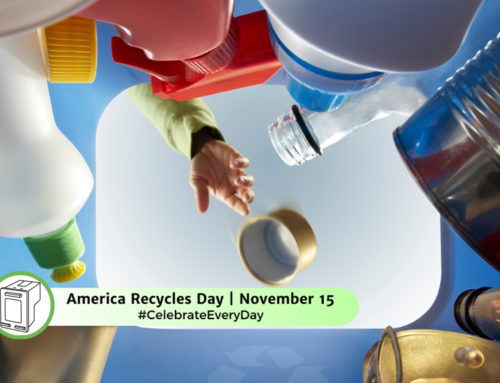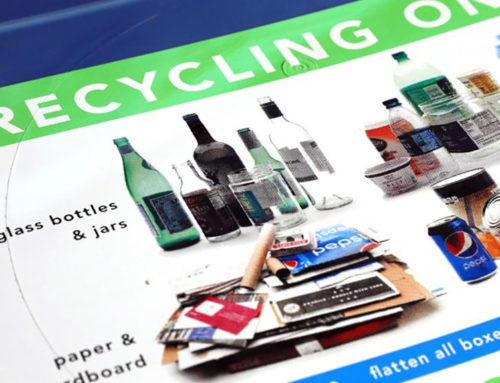In a groundbreaking initiative poised to reshape the landscape of waste management and employment, a state-of-the-art plastics recycling and remanufacturing microfactory has been inaugurated in Phoenix. Dubbed the Circular Plastics Microfactory, this innovative facility marks a collaborative effort between Arizona State University (ASU), the city of Phoenix, Goodwill of Central and Northern Arizona, and Hustle PHX.
The grand opening ceremony of the Circular Plastics Microfactory, held on February 6, heralded a new era of sustainable practices and economic opportunities. Phoenix Mayor Kate Gallego expressed her enthusiasm, stating, “We are excited to make history today in Phoenix. We have a sense that, from Phoenix, this will go throughout the world, and it’s exciting to be leading in innovation right now.”
Situated at the Goodwill Retail Operations Center in Phoenix, this microfactory is poised to revolutionize waste management by converting sorted plastic waste from Goodwill into pellets, which will then be utilized to manufacture an array of new products. From skateboards to flat-pack furniture and plastic lumber, the possibilities are vast and environmentally impactful.
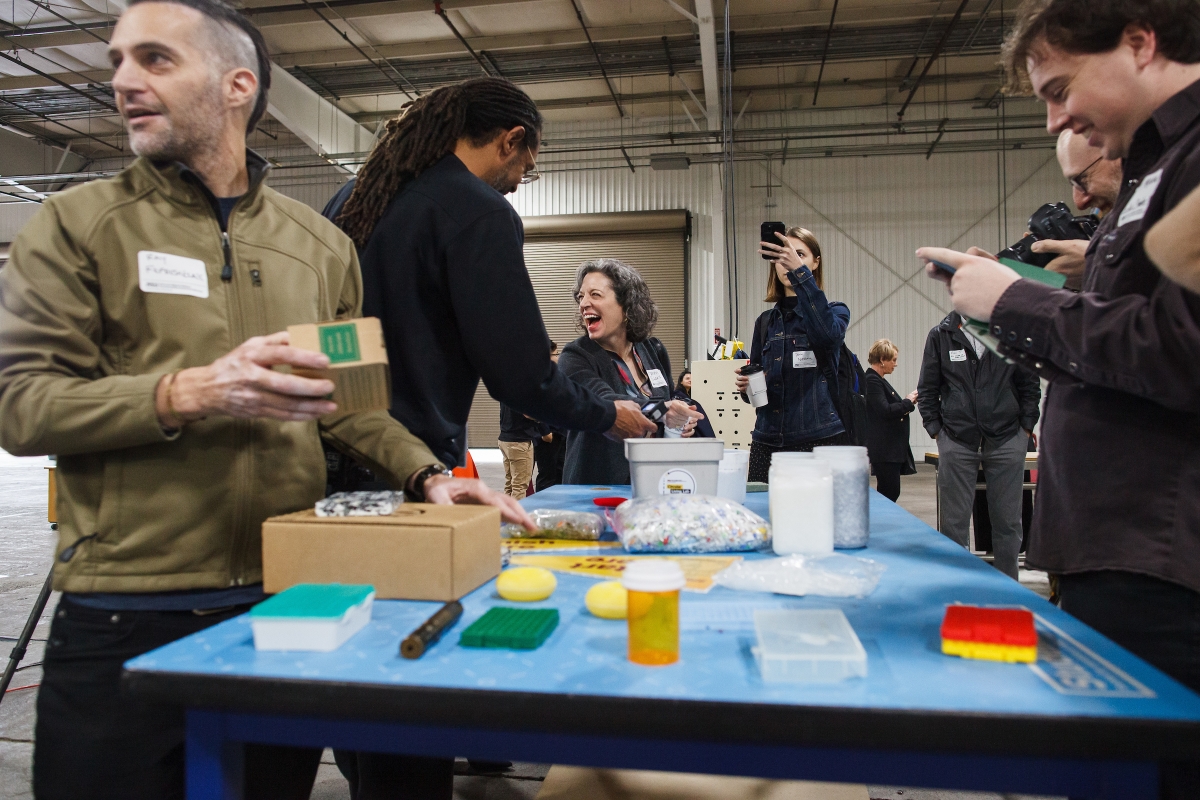
Alicia Marseille, senior director of ASU’s Rob and Melani Walton Sustainability Solutions Service, emphasized the significance of this endeavor, stating, “It’s the first plastics microfactory of its kind. This is the first attempt to do the entire process in one location to actualize a regional circular economy.”
Noteworthy is the microfactory’s dual benefit of bolstering the local economy and mitigating environmental impact. With an expected annual diversion of up to 550 tons of plastic waste from landfills, equivalent to over three times the weight of the Statue of Liberty, and the creation of approximately 10 skilled jobs, this initiative is a testament to the power of sustainable innovation.
Peter Schlosser, director of the Julie Ann Wrigley Global Futures Laboratory at ASU, highlighted the broader implications, stating, “It will enable us to reduce the amount of plastic waste that ends up in the landfills and instead repurpose it for circular solutions.”
The microfactory’s impact extends beyond local boundaries, aiming to pioneer cooperative enterprise models and support marginalized communities. Crys Waddell, chief operating officer of Hustle PHX, outlined their vision: “Ultimately, the goal is to turn the microfactory into a cooperative enterprise, where ownership is equally split and shared between the employees, fostering equitable earnings and opportunities.”
Rooted in ASU’s Circular Living Lab project, which addresses waste management challenges, the microfactory project exemplifies a holistic approach to sustainability, encompassing waste reduction, job creation, and entrepreneurial empowerment. With aspirations to expand this model globally and uplift women in waste management sectors worldwide, the Circular Plastics Microfactory stands as a beacon of transformative change.

